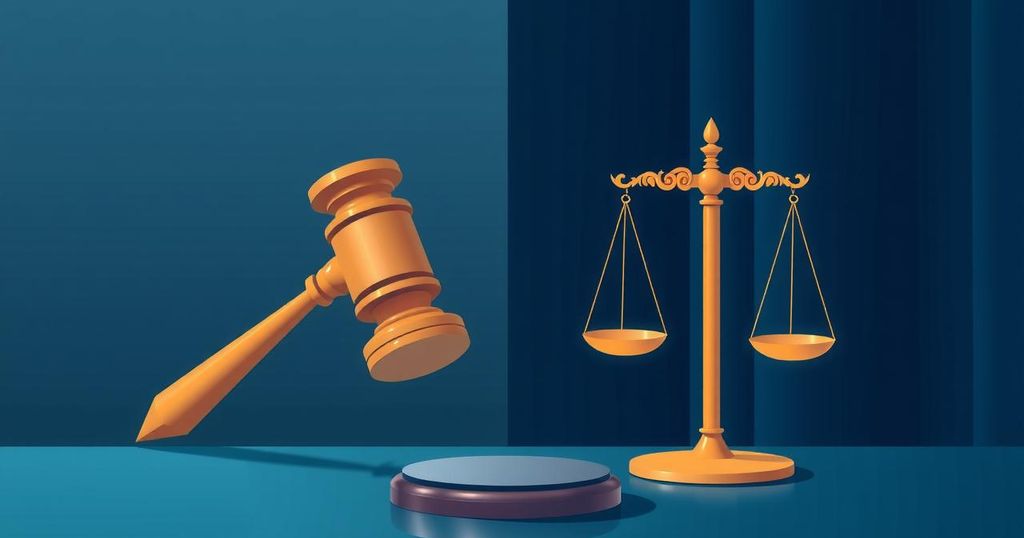Brazil’s Supreme Court Moves Toward Stricter Social Media Regulations

Brazil’s Supreme Court is leaning toward tougher social media regulations amidst concerns over fake news and hate speech; six judges support increased company accountability. This decision may reshape the responsibilities of platforms like X, TikTok, and Instagram. Concurrently, political tensions involving Jair Bolsonaro influence the ruling.
Brazil’s Supreme Court is showing strong momentum towards enforcing stricter social media regulations. The move comes amid growing concerns about the spread of misinformation and hate speech on platforms like X, TikTok, Instagram, and Facebook. In an unprecedented decision for Latin America, the court is examining the responsibility these companies hold in monitoring and removing illegal content on their own initiative, shifting accountability away from just following court orders.
The ruling, which could affect millions of Brazilians who actively use social media, hinges on a particular clause in the Civil Framework for the Internet law implemented in 2014. Currently, these social media platforms are not held liable for content unless they neglect to comply with a judge’s directive to take it down. However, a majority of judges—six out of eleven—now favor increased accountability, suggesting these companies should self-regulate.
One of the pivotal judges involved, Alexandre de Moraes, has expressed his critical stance towards the actions of Elon Musk and other right-wing figures on social media. Meanwhile, the context for this review includes a separate Supreme Court trial involving Jair Bolsonaro, Brazil’s far-right former president. Bolsonaro faces allegations of attempting a coup in collaboration with his supporters who, prosecutors argue, used social media to undermine the electoral process and challenge the legitimacy of president Luiz Inacio Lula da Silva’s victory.
Last year, Judge Moraes took significant action by blocking X for a month and a half due to non-compliance with court directives related to misinformation, also suspending accounts belonging to several Bolsonaro allies. Critics of Moraes, including Musk and members of the GOP, accuse him of encroaching upon free speech rights. There are even talks in the United States about possible sanctions against Moraes at the behest of Bolsonaro, who labels the judge’s actions as judicial persecution.
With Lula at the helm after narrowly defeating Bolsonaro in the 2022 elections, there is an ongoing push for fast-tracking social media regulations to combat misinformation more effectively.
In conclusion, Brazil’s Supreme Court is on the brink of setting a precedent for social media regulation that prioritizes accountability. This ruling intersects with ongoing political tensions and broader conversations about the balance between free speech and maintaining electoral integrity in the digital age. It seems Brazil is poised to take decisive steps towards regulating social media in a way that could resonate across Latin America.
The Supreme Court’s ruling represents a shift towards greater accountability for social media platforms in Brazil, urging them to self-regulate against harmful content. The implications of this decision could vastly affect how platforms operate and influence millions of users. Amid political uncertainties, Brazil is positioning itself to address misinformation more robustly, as discussions surrounding free speech and digital governance grow increasingly complex.
Original Source: www.france24.com






